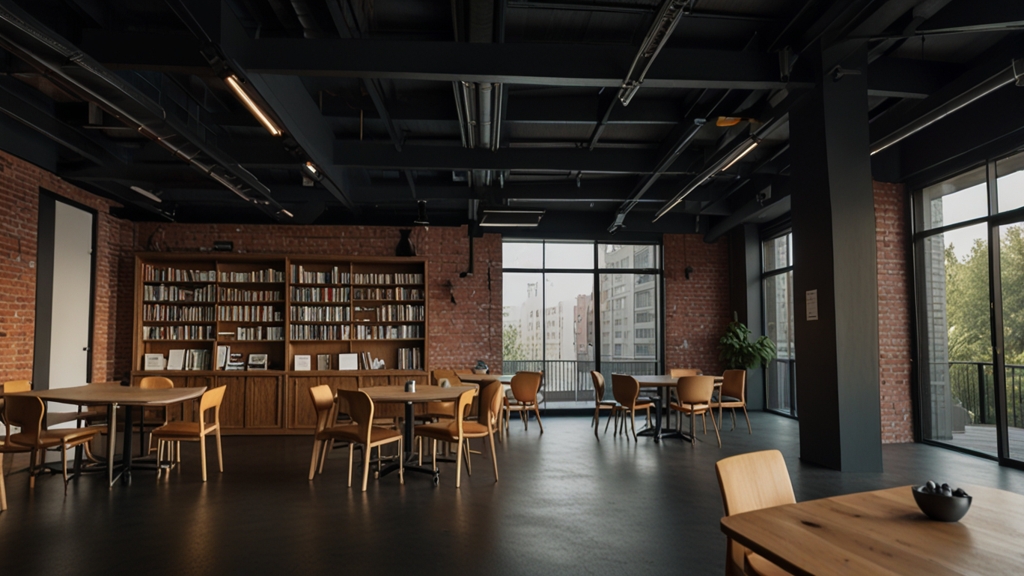A Day in the Life of an Ancient Roman: Surprising Discoveries
Exploring the lives of ancient Romans offers a fascinating glimpse into a civilization that has heavily influenced the modern world. From elaborate architecture to political innovations, the Roman Empire holds a treasure trove of surprises. Yet, it is in the day-to-day lives of ordinary Romans where we uncover some of the most intriguing and unexpected details about this ancient society.
The Early Morning Hustle
Ancient Romans typically rose with the sun. The concept of a leisurely morning was foreign; Romans were industrious people who believed in seizing the day. The morning routine began with a quick and practical breakfast known as "ientaculum." A typical ientaculum might include bread dipped in wine, olives, cheese, and occasionally fruit. This simple meal provided the necessary sustenance for the busy day ahead.
“Carpe diem, quam minimum credula postero” — Seize the day, trusting as little as possible in the future — Horace.
Work and Social Life
After breakfast, men of the household would depart for their respective jobs. Romans were engaged in a variety of occupations, from merchants and craftsmen to politicians and soldiers. The Forum, Rome’s bustling political and social heart, was a hive of activity where business deals were struck, and public debates were held.
While men attended to public affairs, women managed the household. Contrary to some beliefs, Roman women wielded significant influence within the domestic sphere, overseeing slaves, managing finances, and educating children. Though not allowed to vote, women’s roles were crucial for the functioning of Roman family life.
The Midday Meal and Rest
Lunch, or "prandium," was a light meal often consisting of leftovers from the previous evening's dinner. This meal was essential to sustain energy levels through the heat of the Roman midday. Interestingly, Romans valued their rest; the afternoon often included a "meridiatio," or midday nap, reflecting an early appreciation for the importance of relaxation and mental well-being.
"To bring forth and nourish: this is our main task. Everything else is a luxury." — Seneca.
The Bathing Ritual
One of the most surprising aspects of Roman daily life was the central role of public baths, or "thermae." Visiting the baths was not merely about hygiene but also socialization and leisure. Romans would spend hours in the baths, moving through a sequence of rooms with varying temperatures: the "tepidarium" (warm room), "caldarium" (hot room), and "frigidarium" (cold room).
These establishments were more than just bathing facilities; they included exercise areas, libraries, and gardens. It was a place where people from all walks of life, regardless of class, could converge and interact, making it a unique social melting pot.
Evening Entertainment
The culmination of a Roman day often involved leisure activities and entertainment. Dinner, or "cena," was the main meal of the day and could be quite elaborate. Wealthier Romans would host lavish dinner parties featuring multiple courses, flowing wine, and engaging conversations. Typical dishes included a variety of meats, fish, vegetables, and fruits seasoned with an array of spices.
Post-dinner, Romans sought entertainment through various means. Gladiatorial games, theater, and public spectacles were popular. The Colosseum and Circus Maximus are perhaps the most famous venues, hosting brutal gladiator battles and exhilarating chariot races, respectively.
“When the spectacles are exhibited, a beast runs wild and then a man runs wild. The one is thrown to the beast, the other to lust.” — Augustine of Hippo.
Conclusion
Spending a day in ancient Rome reveals a civilization that was industrious, social, and highly organized. The Romans had a profound understanding of the balance needed between work, rest, and leisure, aspects that are still pertinent today. From their pragmatic approach to meals and fitness to their complex social structures and love for public spectacles, the legacy of Roman daily life continues to leave us with surprising discoveries and enduring lessons.







